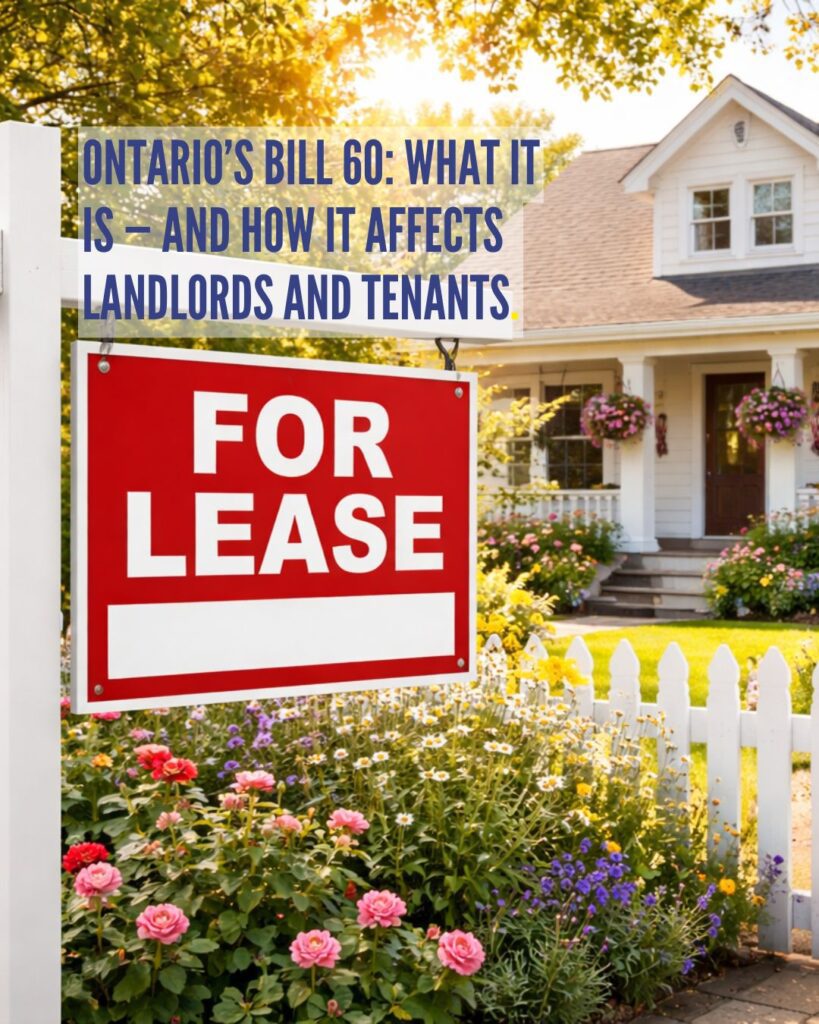Buyer
FAQs + Resources
We want to ensure that you’re equipped with the tools and information you need to help you on your home buying journey.

Toronto Home
Buying FAQ
We thrive on helping our clients navigate the process of buying their homes in Toronto. Demystifying the wild world of Toronto real estate is our jam and questions come with the territory. Here are the ones we field most often.
Let’s Talk. Step one in the buying process is talking to a realtor. We’ll start off by sitting down to discuss your objectives, preferred neighbourhoods, timelines and more. Your budget will often dictate what options are available, so one of the first things we will do is connect you with a knowledgeable mortgage specialist.
Buyers do NOT pay realtors directly to purchase a home. When you’re working with a real estate agent to buy a home, the commission is offered/paid by the listing brokerage through the MLS Listing. There are exceptions to this that will be explained when reviewing the Buyer Representation Agreement.
A Buyer Representation Agreement (BRA) is written agreement that creates an agency relationship between a Brokerage/Realtor and client. This agreement sets out the duration, and outlines duties and responsibilities of both parties. The most important aspect of a BRA is that it requires the brokerage/realtor to provide a higher duty of care to you as a client versus the general public.
We are required by law to have a Buyer Representation Agreement in place, but we’re not the type of agents who will force you to sign one during our first meeting or try to ‘lock’ anyone into a contract.
Are you sitting down for this? When buying a house in Toronto typically, a deposit of 5% of the purchase price is required. For example, if you are considering a $1,000,000 home, you would need $50,000 readily available to make the deposit. Don’t worry, that money is put to good use… it’s part of your total down payment.
Depending on the situation, the deposit will either be required “herewith” (meaning with your offer submission) or “upon acceptance” (within 24 hours after an agreement is reached).
Funds should be readily available in an account. And by ready we mean, not locked away in your RRSP or TSAF account.
Pro-tip: if you bank with PC Financial or another online institution, you should transfer funds to another account where you can obtain a bank draft immediately, if needed. We’ve seen situations where a buyer has lost out on a property because their bank required two (2) business days to transfer funds.
Yes, but we’re here to make sure that doesn’t happen. This will depend on the circumstances and details surrounding the situation.
If you have an offer to purchase a property that is conditional, for example on financing approval, your deposit would be returned to you if you’re unable to fulfill the condition provided you’re acting in good faith.
If, however, you’ve submitted a firm offer to purchase and are unable to close, you will be at risk of forfeiting your deposit and possible further litigation.
You’ll hear this term used often in your real estate journey. And it’s one that will make your mortgage lender and lawyer cringe.
Essentially, a firm offer is one with no conditions. No financing, no inspection…no backing out. If the Sellers accept your firm offer to purchase, you are committed.
The reality of buying a home in Toronto means that you may be in a situation where a firm offer is needed, but before venturing into that territory we’ll explain the risks, review your options and determine if this is something that is right for you.
In the Toronto real estate market, it is common for offer presentations to be held on a specific date – usually about a week after the property is listed for sale. A bully offer (also known as a pre-emptive offer) is one that is presented to the Seller before the specified offer date in the hopes of avoiding the ‘bidding war’ scenario.
What makes a ‘good’ bully offer? Generally speaking, a firm offer at a price that is enticing enough to make the Seller alter their plans to wait for the original offer date.
We’re here to guide you through and determine if a bully offer is right for you.
The home inspection is an unbiased visual inspection of a property by a qualified home inspector. They will typically check the condition of structural and mechanical components of the home, including roof, age of windows, condition of appliances, foundation, plumbing, electrical, etc. A home inspector can use a thermal imaging camera and moisture meter to check for potential water leaks, but they are not able to open up walls or disturb the property. If they can’t see it, they can’t inspect it.
As the name suggests, a fixer-upper is a property that requires some level of upgrading. This could be as minor as cosmetic updates, like paint and flooring, or more extensive renovations, like structural work. Every house is unique. When we’re helping clients find a property we will discuss whether or not a fixer upper is an option to consider.
The day you get the keys is also known as the closing date or completion date. This date would be agreed upon in negotiations and specified on the agreement of purchase and sale document. Your closing date will vary depending on your needs and the sellers needs for moving. Average closing time for a residential property between 30 and 90 days from the time the agreement is signed.
The money must be in your account for a minimum of 90 days and up to 35k can be withdrawn tax free to use on your first place. If you are purchasing with someone, they too can use up to 35k tax free to co-purchase. Remember that the funds must be repaid into the account within 15 years of withdrawal.
If you are buying a property on your own and planning on having a non-married partner move into the unit it is important that you have your lawyer write up a cohabitation agreement to outline who owns what, what the terms are for the non-owner living there and what should happen to the property should you two decide to part ways. Another way of protecting yourself is to have a lease drawn up between you and your partner to show that they are in fact tenant to your landlordship; you can make this lease 1$ if you’d like. You can never be too careful when purchasing property and having non-married partners cohabitate.
Managing Your Mortgage
When planning to take out a mortgage on a new property, there’s much more you need to consider than just interest rates and monthly payments. Contemplating things like mortgage application fees, whether your mortgage is portable or not, or preparing for sudden life changes are crucial aspects to consider when outlining your mortgage. That’s why we’ve developed professional relationships with a number of trusted mortgage brokers and specialists across various banks, all of which we happily recommend.
Ahead of any professional consultations, feel free to use our mortgage calculator below to get a preliminary sense of what your mortgage might look like.









